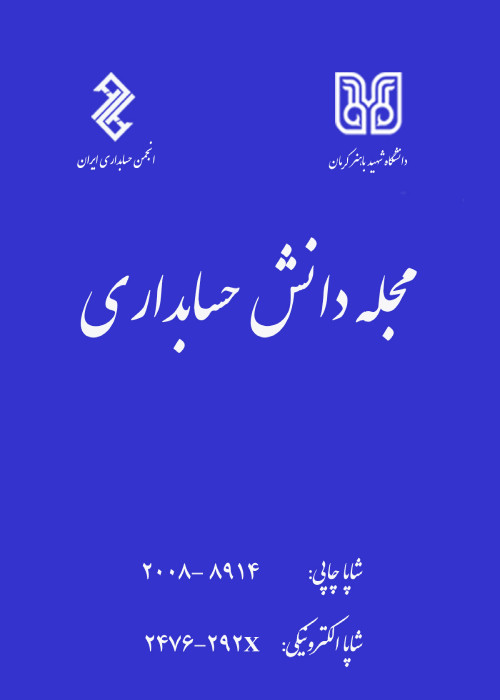Impact of reviving Article 169 of the Iranian Direct Tax Code on Tax Difference and Tax Avoidance
Object:
The revival of Article 169 of the Direct Taxes Code is an important tax development in recent years in Iran. According to this article, taxpayers are required to upload their sale and purchase information in the form of quarterly reports on the website of the Tax Administration. The implementation of this article as a tax program aims to improve the quality of the tax system. If successful, the tax difference and tax avoidance of Iranian companies are expected to decrease. Meanwhile, some companies are not covered by this legal article. But Article 169 may have had an indirect effect on them. This study aims to investigate the effect of reviving the Article 169 of the Direct Taxes Code on tax difference and tax avoidance of companies subjected and non-subjected by this legal article.
Data was collected using the document extraction method and reference to the database and then analyzed by Minitab and Stata software. To test the research hypotheses, paired t-statistics, and differences in differences approach were used. Changes in tax codes in an economic society directly affect the companies that are subject to those codes. At the same time, the non-subjected part of the community may be indirectly affected by the program because of its interactions with the subjected part. In this study, to differentiate the effects of the program in the subjected section in comparison with the non-subjected section of the society, the difference in difference estimator has been used. A sample of 135 companies was studied in the two groups of subjected and non- subjected in 2011 and 2012.
The findings showed that the revival of Article 169 of the direct tax code has significant effects on reducing tax differences and significant effects on reducing corporate tax avoidance. Also, the impacts on the subjected companies were significantly different from non- subjected companies.
The results show that the tax gap between the subjected and non-subjected groups has decreased since the implementation of Article 169 of the Direct Taxes Code. In other words, the financial relationships and interactions between subjected and non-subjected companies have been such that the reduction of the tax differences has expanded from subjected to non-subjected. But this decrease is significantly different between the two groups. In other words, the implementation of the program has not created the same differences between the subjected and non-subjected groups. The findings indicate that the intensity of the impact of the revival of Article 169 of the Direct Taxes Code was greater in the subjected group than in the non-subjected group. The results also show that tax avoidances have decreased in both groups of subjected and non-subject companies. Research results show that the reduction of tax avoidance has not been similar for the two groups. In other words, both groups are affected by the implementation of the program, but there is a significant difference between the results of differences between the two groups.
- حق عضویت دریافتی صرف حمایت از نشریات عضو و نگهداری، تکمیل و توسعه مگیران میشود.
- پرداخت حق اشتراک و دانلود مقالات اجازه بازنشر آن در سایر رسانههای چاپی و دیجیتال را به کاربر نمیدهد.




